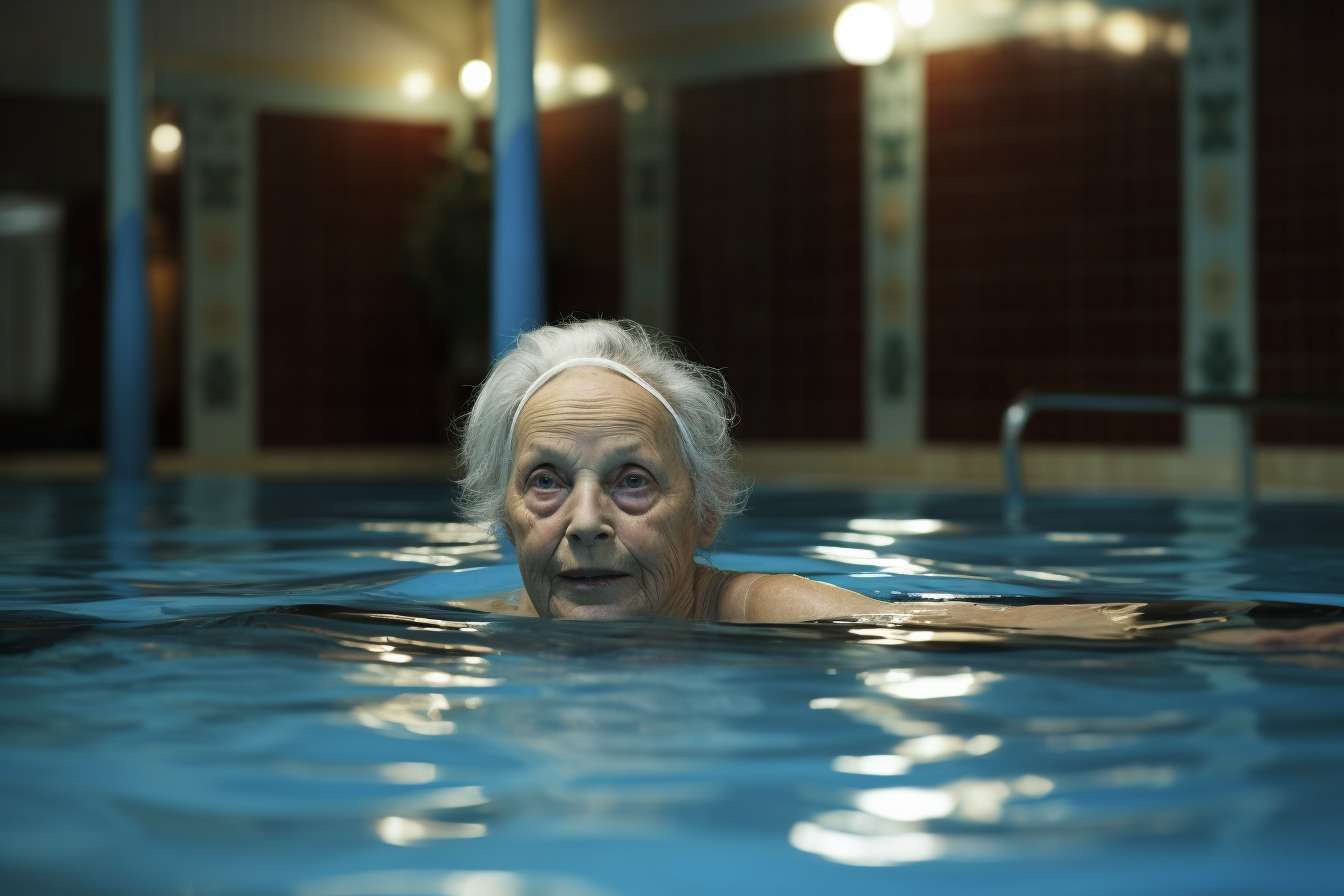9 Daily Habits That Might Boost Senior Happiness and Well-Being
As we age, maintaining happiness and a sense of well-being becomes increasingly important for overall health. For seniors, establishing positive daily routines can significantly impact quality of life, providing structure, purpose, and joy during the golden years. Creating sustainable habits doesn't require radical lifestyle changes—often, small, consistent actions yield the most meaningful results. The following nine daily practices are designed specifically with older adults in mind, focusing on accessible activities that may enhance happiness while supporting physical, mental, and emotional health.

Why These Habits Matter for Senior Happiness
The connection between daily habits and senior happiness stems from both psychological and physiological factors. Consistent routines provide structure and purpose, which research indicates can reduce anxiety and depression among older adults. Regular habits also support cognitive function by creating predictable patterns that the brain can follow with less effort, potentially preserving mental energy for more complex tasks.
Physical habits like movement and proper nutrition directly impact mood through the release of endorphins and the maintenance of stable blood sugar levels. Social habits combat isolation, a significant risk factor for depression in seniors. When these elements combine into daily practices, they create a foundation for sustained well-being that extends beyond temporary mood boosts.
Nine Daily Habits That May Help Older Adults Feel Happier
Morning sunlight exposure ranks among the most beneficial habits seniors can adopt. Spending 15-20 minutes outdoors each morning helps regulate circadian rhythms, potentially improving sleep quality and mood throughout the day. This simple practice requires no special equipment and can be combined with other activities.
Regular physical movement, even in small amounts, consistently shows positive effects on senior well-being. This might include gentle stretching, short walks, or chair exercises for those with mobility limitations. The key lies in consistency rather than intensity.
Social connection through daily interaction helps combat loneliness and provides emotional support. This could involve phone calls with family, conversations with neighbors, or participation in community activities. Even brief social exchanges can contribute to happiness.
Engaging in meaningful activities that provide purpose and accomplishment supports mental health. This might include hobbies, volunteer work, caring for plants, or creative pursuits that align with individual interests and abilities.
Practicing gratitude through simple acknowledgment of positive aspects of daily life has shown promise in research on senior well-being. This doesn’t require formal journaling but can be as simple as mentally noting three good things each day.
Maintaining cognitive engagement through reading, puzzles, learning, or problem-solving activities may support both mental sharpness and emotional satisfaction. The activity should be challenging enough to be engaging but not so difficult as to cause frustration.
Proper hydration and nutrition timing can significantly impact energy levels and mood stability throughout the day. Regular meal times and adequate water intake support physical comfort and cognitive function.
Creating and maintaining routines provides structure and predictability, which many seniors find comforting and stabilizing. This includes consistent sleep schedules, meal times, and activity periods.
Connecting with nature, whether through indoor plants, outdoor time, or simply observing natural elements from windows, has demonstrated positive effects on stress levels and overall mood in numerous studies.
Tips for Making Habits Stick
Successful habit formation in seniors often requires a gradual approach that respects existing routines and physical limitations. Starting with one habit at a time increases the likelihood of long-term success. Research suggests that linking new habits to existing routines helps with consistency, such as taking morning sunlight exposure immediately after coffee or breakfast.
Setting realistic expectations is crucial for maintaining motivation. Habits should be achievable on both good days and more challenging days, allowing for flexibility when health or energy levels fluctuate. Creating visual reminders or involving family members or caregivers in habit tracking can provide gentle accountability without creating pressure.
Environmental setup plays a significant role in habit success. This might mean placing reading materials in easily accessible locations, keeping comfortable walking shoes by the door, or arranging seating near windows for natural light exposure. The easier it is to perform the habit, the more likely it becomes automatic.
Adjusting Habits for Individual Needs
Customization is essential when implementing daily habits for senior happiness, as physical abilities, living situations, and personal preferences vary significantly among older adults. Seniors with mobility limitations might focus more heavily on social connection and cognitive engagement, while those with social anxiety might emphasize solitary activities that provide accomplishment and purpose.
Health conditions require careful consideration when selecting habits. Seniors with heart conditions should consult healthcare providers before beginning new physical activities, while those with cognitive changes might benefit from simpler, more structured routines. Seasonal adjustments may also be necessary, particularly for outdoor activities or light exposure during winter months.
Living situations influence habit feasibility. Seniors in assisted living communities might have access to group activities and structured meal times, while those living independently might need to be more intentional about social connection and routine maintenance. Family involvement can be helpful but should respect the senior’s autonomy and preferences.
This article is for informational purposes only and should not be considered medical advice. Please consult a qualified healthcare professional for personalized guidance and treatment.
The journey toward improved happiness and well-being through daily habits is highly individual, requiring patience and experimentation to find the right combination for each person. While research supports the potential benefits of these nine habits, the most effective approach involves selecting a few that align with personal preferences and gradually building them into sustainable routines. Success comes not from perfectionism but from consistency and the willingness to adapt habits as needs and circumstances change over time.




